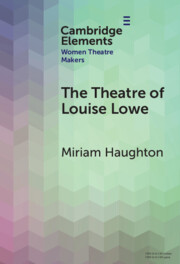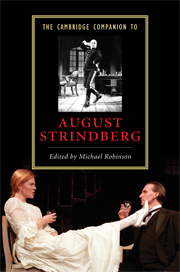Theatre and Censorship in France from Revolution to Restoration
Drawing on over 150,000 pages of archival material and hundreds of manuscripts, this is the very first book-length study of theatre censorship in France – both in Paris and the provinces – between the end of the Ancien Régime and the Restoration. Clare Siviter explores the period through the lenses of both traditional bureaucratic notions of censorship and the novel concept of 'lateral censorship', which encompasses a far greater cast of participants, including authors, theatres, critics and audiences. Applying this dual methodology to three key topics – religion, mœurs, and government – she complicates political continuities and ruptures between regimes and questions how effectively theatre censorship worked in practice. By giving a voice back to individual French men and women not often recorded in print, Siviter shows how theatre censorship allowed contemporaries to shape the world around them and how they used theatre to promote or oppose the state, even at its most authoritarian.
- Synthesises material from extensive archival sources around France, making a wide range of sources and information available to the reader
- Promotes the concept of 'lateral censorship' as a new lens through which to analyse the material from this time, presenting a model readily applicable to other geographical and chronological cases
- Follows the history of theatre censorship from the end of the Ancien Régime to the Restoration, taking an approach across the regimes to provide a comparative analysis underlining both continuities and ruptures
Reviews & endorsements
‘Through an immersion in a rich range of sources and case studies, this informative and thoughtful book enhances our understanding of the actual collective and individual experiences of that life-changing epoch, while also offering new ways of addressing issues of censorship and dissent that remain timely across the world today.' Erica J. Mannucci, Professor of Early Modern History, University of Milano-Bicocca
‘This is an illuminating study of theatre censorship in France's most politically dynamic era. Thanks to Siviter's methodical work and the significance of this period in political history, it will be essential for anyone interested in the relationship between the arts and the state.' Pannill Camp, Associate Professor of Theater and Performance Studies at Tufts University
Product details
November 2025Hardback
9781009645966
270 pages
229 × 152 mm
Not yet published - available from November 2025
Table of Contents
- Introduction
- Part I. Bureaucratic and Lateral Censorship:
- 1. The bureaucratic censorship process
- 2. The lateral censorship process
- Part II. In Practice:
- 3. Religion onstage
- 4. Monitoring mœurs
- 5. Representing monarchies
- 6. The revolution's political and theatrical stages
- 7. Representing napoleon Bonaparte
- Conclusion
- Appendix of major relevant turning points and legislation for theatre censorship, 1788–1818
- Bibliography.








